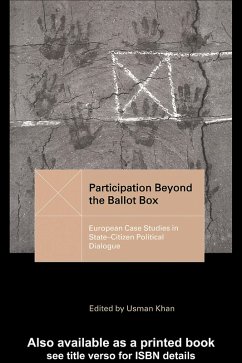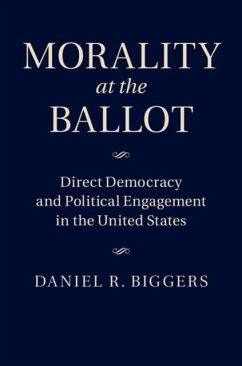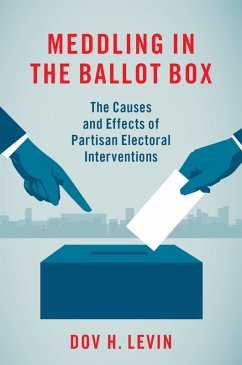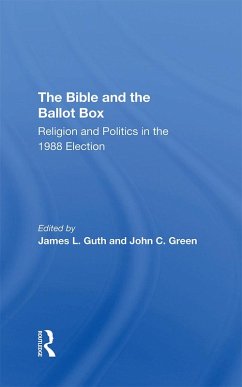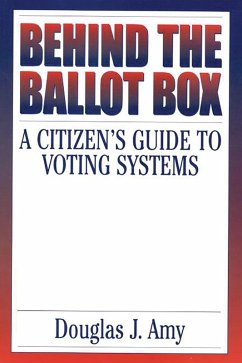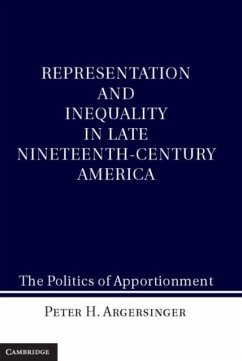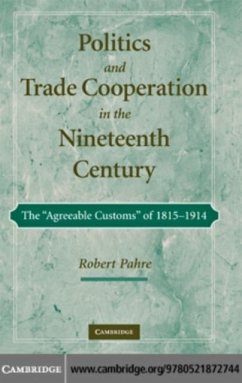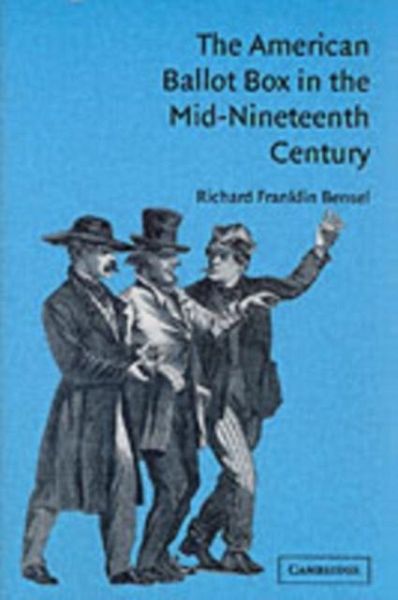
American Ballot Box in the Mid-Nineteenth Century (eBook, PDF)
Versandkostenfrei!
Sofort per Download lieferbar
32,95 €
inkl. MwSt.
Weitere Ausgaben:

PAYBACK Punkte
16 °P sammeln!
During the middle of the nineteenth century, Americans voted in saloons in the most derelict sections of great cities, in hamlets swarming with Union soldiers, or in wooden cabins so isolated that even neighbors had difficulty finding them. Their votes have come down to us as election returns reporting tens of millions of officially sanctioned democratic acts. Neatly arrayed in columns by office, candidate, and party, these returns are routinely interpreted as reflections of the preferences of individual voters and thus seem to unambiguously document the existence of a robust democratic ethos....
During the middle of the nineteenth century, Americans voted in saloons in the most derelict sections of great cities, in hamlets swarming with Union soldiers, or in wooden cabins so isolated that even neighbors had difficulty finding them. Their votes have come down to us as election returns reporting tens of millions of officially sanctioned democratic acts. Neatly arrayed in columns by office, candidate, and party, these returns are routinely interpreted as reflections of the preferences of individual voters and thus seem to unambiguously document the existence of a robust democratic ethos. By carefully examining political activity in and around the polling place, this book suggests some important caveats which must attend this conclusion. These caveats, in turn, help to bridge the interpretive chasm now separating ethno-cultural descriptions of popular politics from political economic analyses of state and national policy-making.
Dieser Download kann aus rechtlichen Gründen nur mit Rechnungsadresse in A, B, BG, CY, CZ, D, DK, EW, E, FIN, F, GR, HR, H, IRL, I, LT, L, LR, M, NL, PL, P, R, S, SLO, SK ausgeliefert werden.




